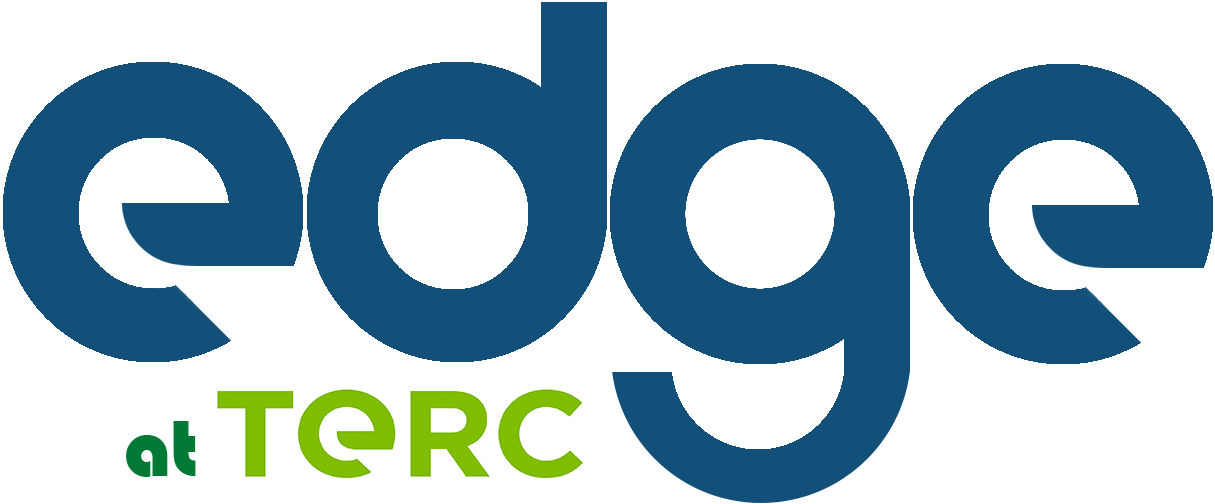
AI Coach
Zac Alstad and Ibrahim Dahlstrom-Hakki
With funding from TERC, the AI Coach team is exploring the current state of AI tools, specifically focusing on their applicability and effectiveness in supporting neurodivergent learners facing EF barriers in STEM with the goal of building infrastructure and theoretical background to develop and implement a program that uses AI large language models to support the EF needs of neurodivergent learners.
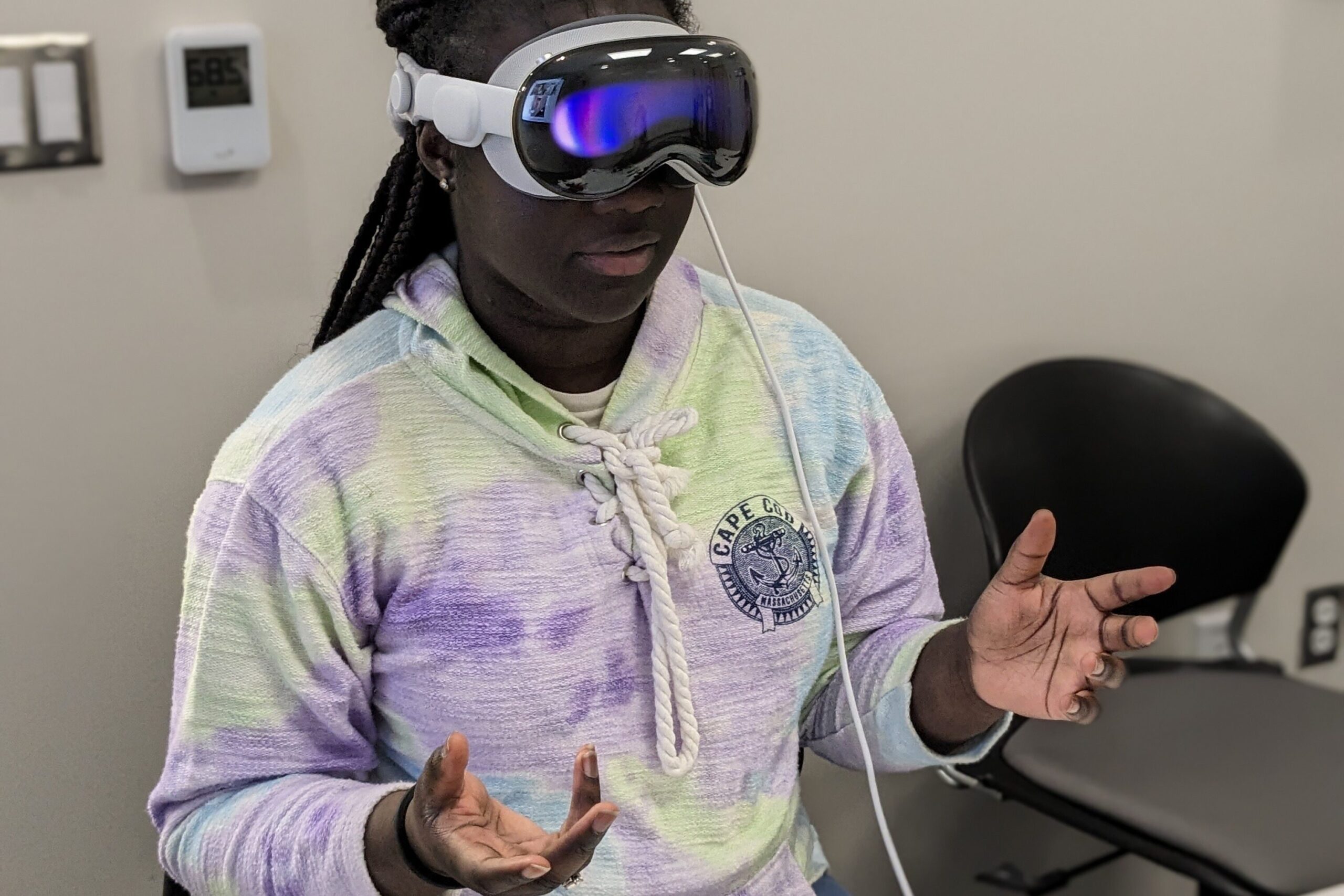
AugmentedEF
Zac Alstad
The primary goal of this NSF funded project is to support the foundational capabilities for STEM for post-secondary learners with attention deficits and executive function (EF) needs. AugmentedEF uses emerging technologies to explore novel and accessible tools for teaching and learning.
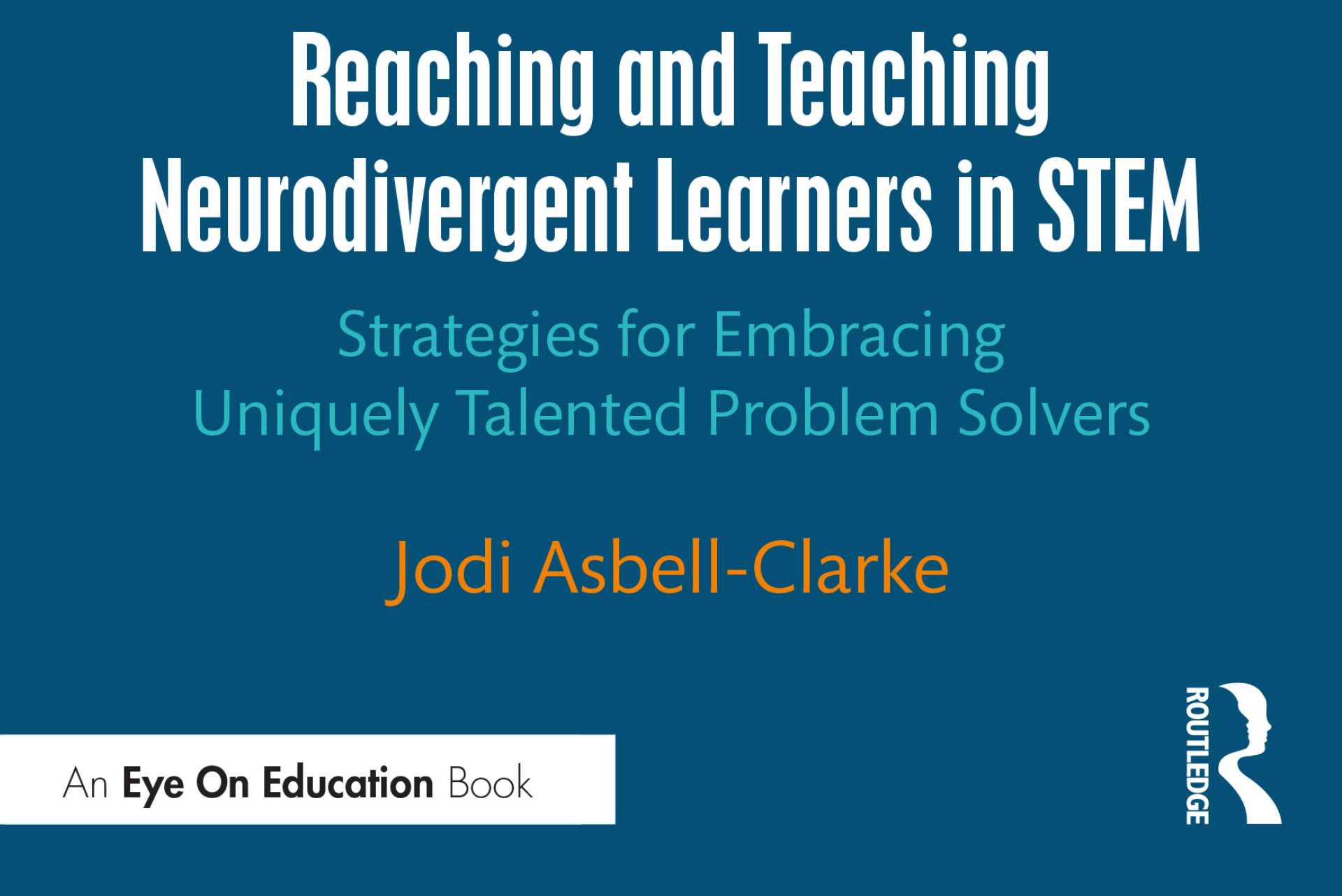
Book Study
Jodi Asbell-Clarke
Given the great interest in Dr. Asbell-Clarke’s recent book, Reaching and Teaching Neurodivergent Learners in STEM: Strategies for Embracing Uniquely Talented Problem Solvers, Book Studies are being offered to districts and professional learning communities for teachers to unlock strategies, tips, and insights for creating an inclusive and empowering classroom.
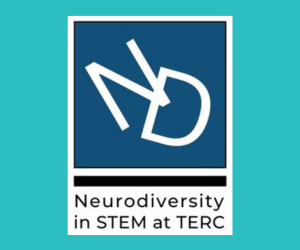
Neurodiversity in STEM
Jodi Asbell-Clarke
EdGE projects inspired and informed the creation of a growing community dedicated to inclusive STEM education that embraces the unique talents of neurodivergent learners. ND in STEM provides access to inclusive STEM teaching materials, news and events related to ND in STEM, research results, and opportunities from the ND in STEM community.
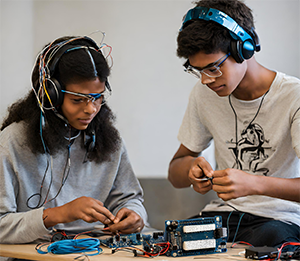
NeuroVivid: Developing and Testing a Maker Experience to Build Interest in Careers in Brain-Computer Interfaces Among Neurodivergent Youth
Ibrahim Dahlstrom-Hakki
The NeuroVivid project team, along with young adult, neurodiverse co-designers, is developing an innovative maker curriculum aimed at strengthening and broadening the talent pool of the future STEM workforce. The curriculum will empower a middle-school aged neurodiverse (neurodivergent and neurotypical) student population from a variety of ethnic and cultural backgrounds by helping them build their own simple Electroencephalogram (EEG) headsets to understand and interact with their brain activity.
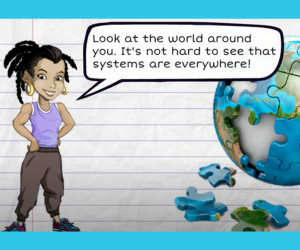
Systems Modeling AR
Teon Edwards
This cross-TERC initiative is developing an Augmented Reality (AR) app to support the creation and exploration of location-based systems models. It seeks to answer the question: Why model a system?
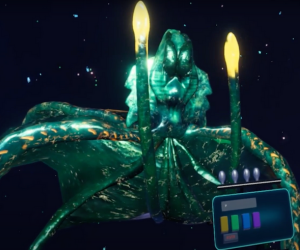
UniVRsal Access
Teon Edwards
EdGE is collaborating with Landmark College, MXTreality, and other partners to design, develop, and research the STEM-based virtual reality (VR) game Europa Prime. For two years, a neurodiverse team co-designed the game, intending to engage a broad audience, including players with sensory, attention, and/or social differences in informal STEM learning.
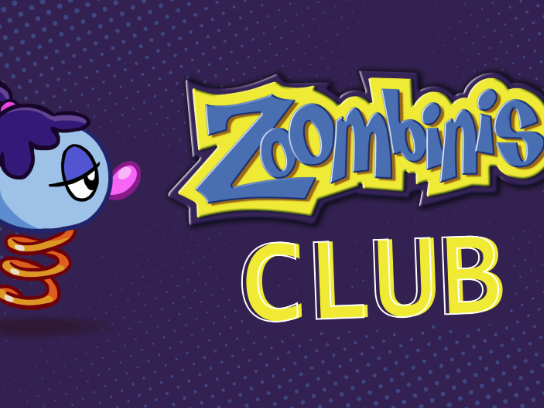
Zoombinis Club
Elizabeth Rowe
With internal funding from TERC and a partnership with FableVision Learning, the team developed Zoombinis Club for everything needed to run a club or enrichment program. Zoombinis Club uses offline, collaborative activities to introduce computational thinking skills before participants hop online to play the award-winning and research-based Zoombinis game. Sign up here.
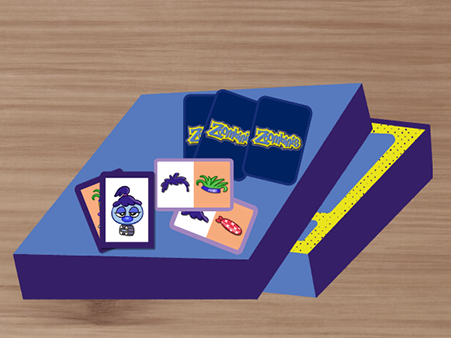
Zoombinis Tabletop
EdGE Team
Building on the popularity of Zoombinis, EdGE is designing and prototyping a tabletop Zoombinis game. Players must still move their Zoombinis (or Fleens!) through a series of puzzles, but now with cards and teams and other tabletop fun!
